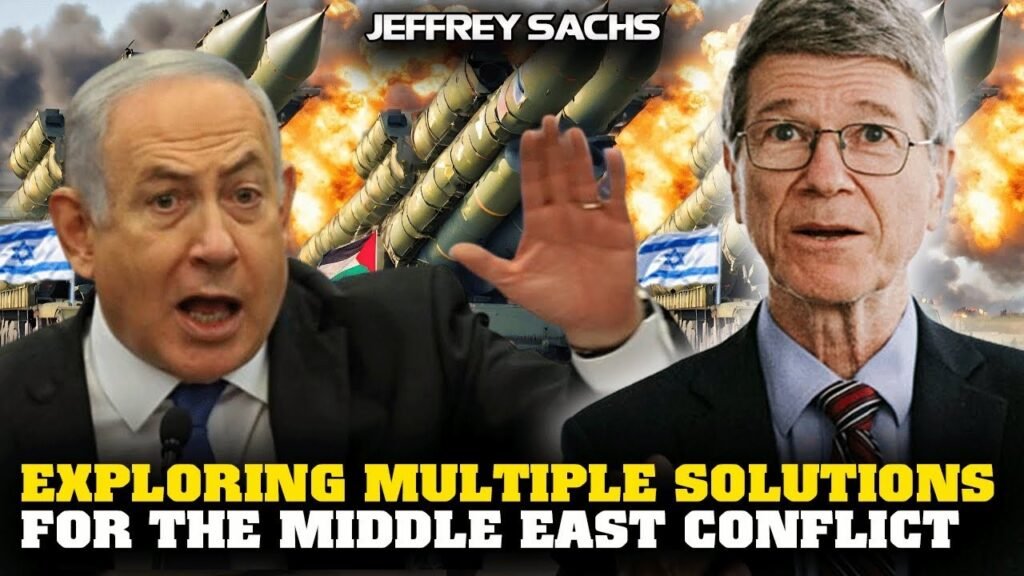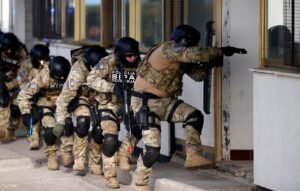The complex web of international relations and power dynamics has always played a pivotal role in shaping the course of history. While some nations arise as champions of peace and diplomacy, others manipulate global narratives to serve their own interests, often at the expense of smaller or weaker countries. The concept of the “Axis of Evil,” though politically charged, offers a lens through which we can examine the forces that drive conflict, division, and exploitation on a global scale.
Global Power Structures
The balance of power among nations has never been truly equal. Historically, colonial powers dominated large parts of the world, exploiting resources and people for their own benefit. Today, the remnants of those power structures remain, though the players have changed. Modern global powers continue to exert control through military strength, economic pressure, and political influence. In many cases, this control is justified under the guise of promoting democracy, security, or human rights, but the reality is often far more self-serving.
Countries with substantial military capabilities and economic influence often act as both judges and executioners on the global stage. Their policies, whether domestic or foreign, have far-reaching consequences. For example, economic sanctions can cripple entire economies, while military interventions can lead to long-standing conflicts that devastate nations. This unchecked power breeds resentment and resistance among those affected, leading to cycles of conflict and unrest.
Divide and Rule: A Persistent Strategy
One of the most enduring strategies of powerful nations is the “divide and rule” tactic. By creating or exacerbating divisions within other countries—whether ethnic, religious, or political—dominant powers can weaken their adversaries from within. This strategy not only destabilizes nations but also ensures that any resistance remains fragmented and ineffective.
In many parts of the world, this tactic has been employed to maintain control over regions rich in resources or strategically significant locations. By fueling internal divisions, external powers can justify intervention under the pretense of restoring order or protecting human rights, all while securing their own interests. The long-term consequences of such policies are often dire, with nations left weakened, divided, and unable to govern effectively.
The Role of Economic Power
Economic dominance is another tool used by powerful nations to maintain control over weaker states. Through organizations such as the International Monetary Fund (IMF) and the World Bank, wealthy countries can impose policies on developing nations that prioritize debt repayment and austerity over social and economic development. These policies often exacerbate poverty and inequality, leaving countries dependent on foreign aid and unable to develop sustainable, independent economies.
Moreover, global trade agreements and corporate monopolies allow wealthy nations and their multinational corporations to extract resources from poorer countries at minimal cost while providing little in return. This economic exploitation is a modern form of colonialism, perpetuating cycles of poverty and dependence in the Global South.
Consequences for Global Stability
The consequences of these power dynamics are clear. In regions where powerful nations intervene, either militarily or economically, we often see long-standing conflicts, human rights abuses, and deep-rooted instability. Countries subjected to these interventions rarely recover fully, with many falling into cycles of dictatorship, corruption, and civil unrest.
Furthermore, these power imbalances create a global environment in which inequality and injustice are the norm. Wealthy nations enjoy unprecedented prosperity while millions in poorer countries struggle to meet basic needs. The resentment and anger that arise from these disparities fuel radical movements, terrorism, and mass migrations, all of which have far-reaching implications for global security.
Conclusion
In ‘The Last Waltz,’ Muzaffar Hussain critically examines the global power dynamics that have shaped our world. Through a narrative that combines personal experience with political commentary, Hussain urges readers to contemplate the effects of unchecked power and the methods by which powerful nations manipulate global events for their own gain. If you’re interested in exploring these themes further, ‘The Last Waltz’ offers a deep dive into the forces driving global conflict and injustice today.



